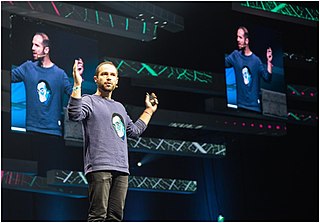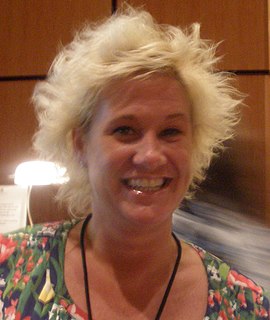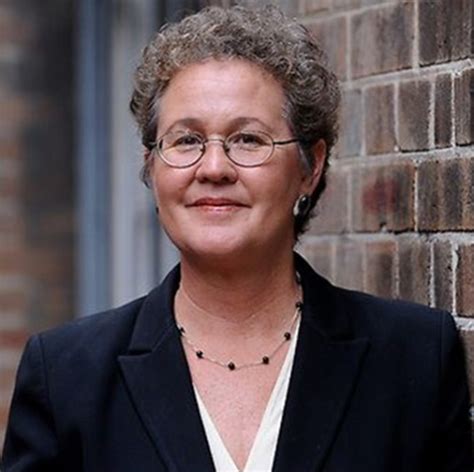A Quote by Alain Dehaze
As the world we live in is so unpredictable, the ability to learn and to adapt to change is imperative, alongside creativity, problem-solving, and communication skills.
Related Quotes
It is urgent to shift from a traditional, authoritative, rote educational approach to a project-based and experiential approach. Specific hard skills are fundamental, but is even more important that students 'learn how to learn' and focus on crucial soft skills such as flexibility and the ability to adapt to change.
What we have now is a communication ability. We have the ability to see working ideas that are going on in the great cities throughout the world and whether you live in Shanghai or you live in Sao Paulo, you have the ability of seeing and knowing the ideas of some of the greatest minds of our generation.

































